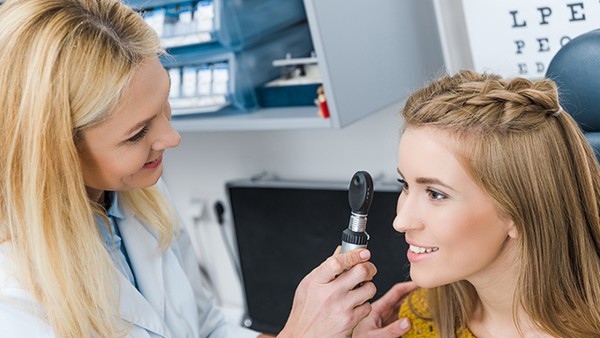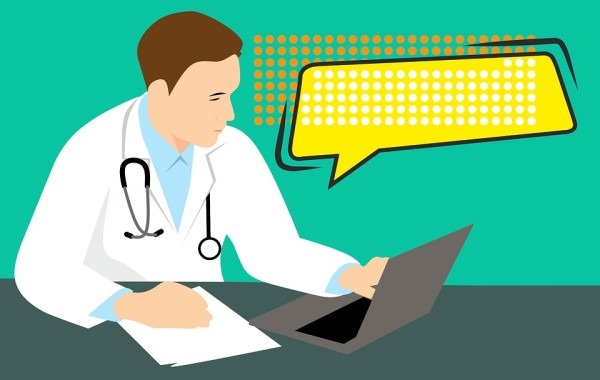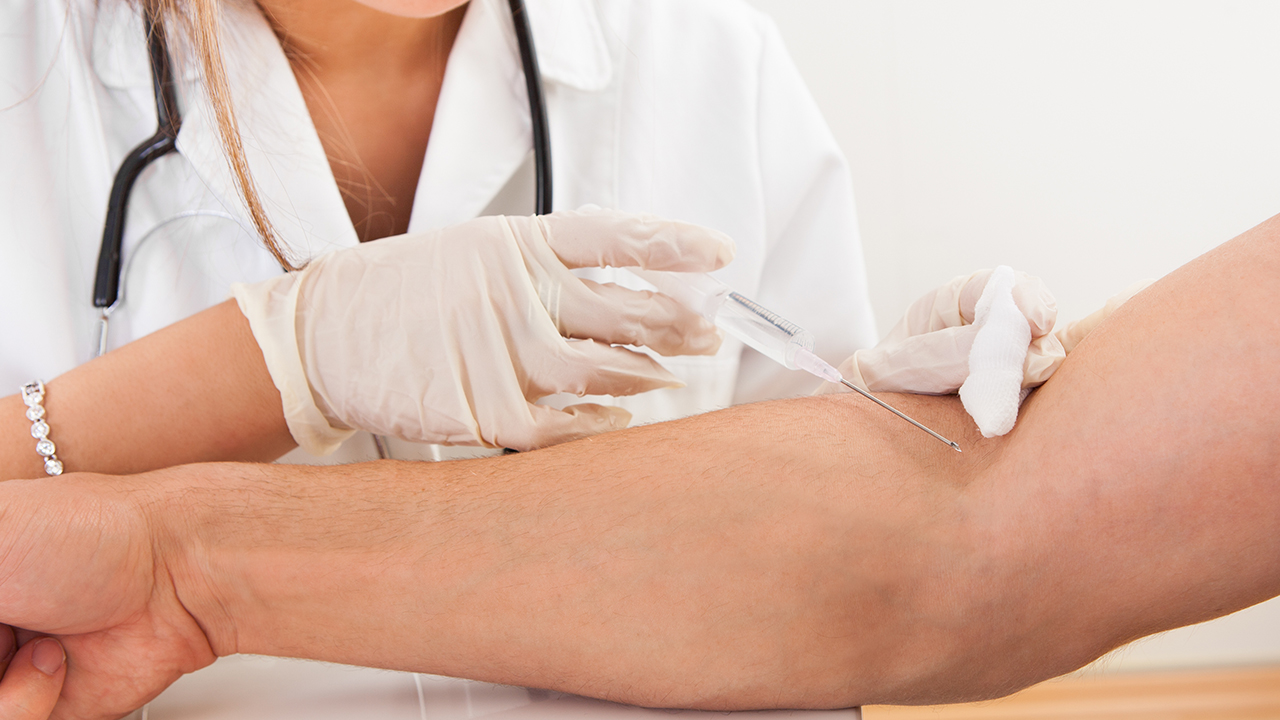Tell Us About the Dangers of This Disease

The Dangers of Heart Disease
Heart disease is the leading cause of death in the United States, killing more people than all forms of cancer combined. It is a serious condition that affects the heart and blood vessels. Heart disease can lead to a heart attack, which occurs when blood flow to the heart is blocked. This can damage the heart muscle and lead to death.
Risk Factors for Heart Disease
There are many risk factors for heart disease, including:
High blood pressure
High cholesterol
Diabetes
Obesity
Smoking
Physical inactivity
Family history of heart disease
Symptoms of Heart Disease
The symptoms of heart disease can vary depending on the type of heart disease. Some common symptoms include:
Chest pain or discomfort
Shortness of breath
Fatigue
Lightheadedness or dizziness
Pain in the arms, neck, back, or jaw
Diagnosis of Heart Disease
Heart disease is diagnosed through a physical examination, medical history, and tests such as:
Electrocardiogram (ECG)
Echocardiogram
Stress test
Cardiac catheterization
Treatment for Heart Disease
The treatment for heart disease depends on the type of heart disease and the severity of the condition. Treatment may include:
Medications
Lifestyle changes
Surgery
Prevention of Heart Disease
There are many things you can do to prevent heart disease, including:
Eating a healthy diet
Getting regular exercise
Maintaining a healthy weight
Quitting smoking
Managing blood pressure and cholesterol
Getting regular checkups
The Dangers of Stroke
Stroke is the fifth leading cause of death in the United States and a leading cause of disability. It occurs when blood flow to the brain is interrupted, causing brain cells to die. Stroke can cause a wide range of symptoms, including:
Sudden numbness or weakness on one side of the body
Sudden trouble speaking or understanding speech
Sudden trouble seeing in one or both eyes
Sudden dizziness, loss of balance, or coordination
Sudden severe headache
Risk Factors for Stroke
There are many risk factors for stroke, including:
High blood pressure
High cholesterol
Diabetes
Obesity
Smoking
Physical inactivity
Family history of stroke
Symptoms of Stroke
The symptoms of stroke can vary depending on the type of stroke and the part of the brain that is affected. Some common symptoms include:
Sudden numbness or weakness on one side of the body
Sudden trouble speaking or understanding speech
Sudden trouble seeing in one or both eyes
Sudden dizziness, loss of balance, or coordination
Sudden severe headache
Diagnosis of Stroke
Stroke is diagnosed through a physical examination, medical history, and tests such as:
CT scan
MRI
Cerebral angiogram
Treatment for Stroke
The treatment for stroke depends on the type of stroke and the severity of the condition. Treatment may include:
Medications
Surgery
Rehabilitation
Prevention of Stroke
There are many things you can do to prevent stroke, including:
Eating a healthy diet
Getting regular exercise
Maintaining a healthy weight
Quitting smoking
Managing blood pressure and cholesterol
Getting regular checkups
The Dangers of Diabetes
Diabetes is a chronic disease that affects the body's ability to produce or use insulin. Insulin is a hormone that helps glucose, or sugar, get from the blood into the cells. Without insulin, glucose builds up in the blood and can damage the heart, blood vessels, kidneys, eyes, and nerves.
Risk Factors for Diabetes
There are many risk factors for diabetes, including:
Family history of diabetes
Obesity
Physical inactivity
Race/ethnicity (African Americans, Hispanic Americans, American Indians, and Asian Americans are at increased risk)
Age (over 45 years old)
Gestational diabetes
Symptoms of Diabetes
The symptoms of diabetes can vary depending on the type of diabetes. Some common symptoms include:
Increased thirst
Frequent urination
Increased hunger
Weight loss
Fatigue
Blurred vision
Slow-healing sores
Diagnosis of Diabetes
Diabetes is diagnosed through a blood test that measures blood glucose levels.
Treatment for Diabetes
The treatment for diabetes depends on the type of diabetes and the severity of the condition. Treatment may include:
Insulin therapy
Oral medications
Lifestyle changes
Prevention of Diabetes
There are many things you can do to prevent diabetes, including:
Eating a healthy diet
Getting regular exercise
Maintaining a healthy weight
Quitting smoking
Managing blood pressure and cholesterol
Getting regular checkups
The above is all the content that the editor wants to share with you. I sincerely hope that these contents can bring some help to your life and health, and I also wish that your life will be happier and happier.
Tags: #about #the #tell













